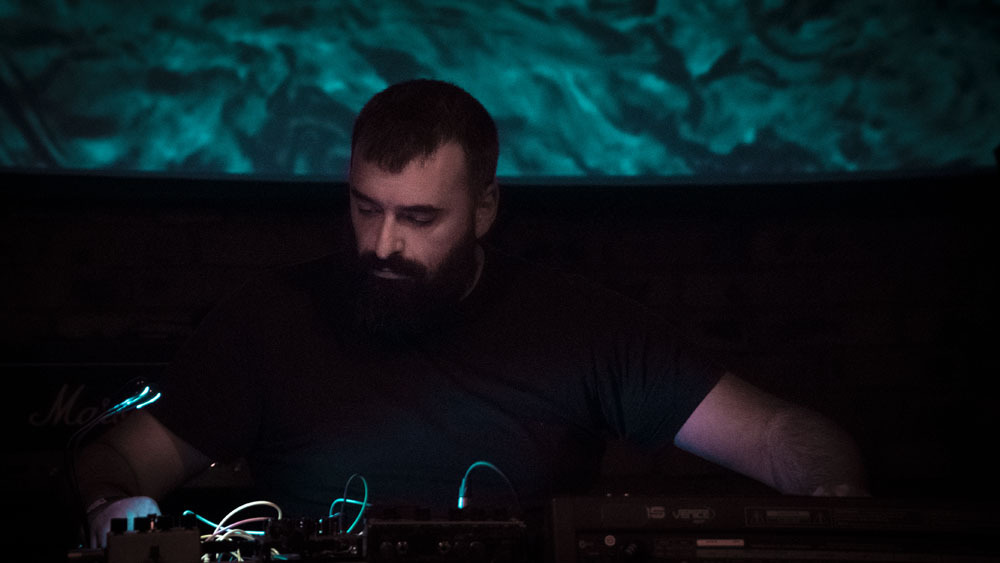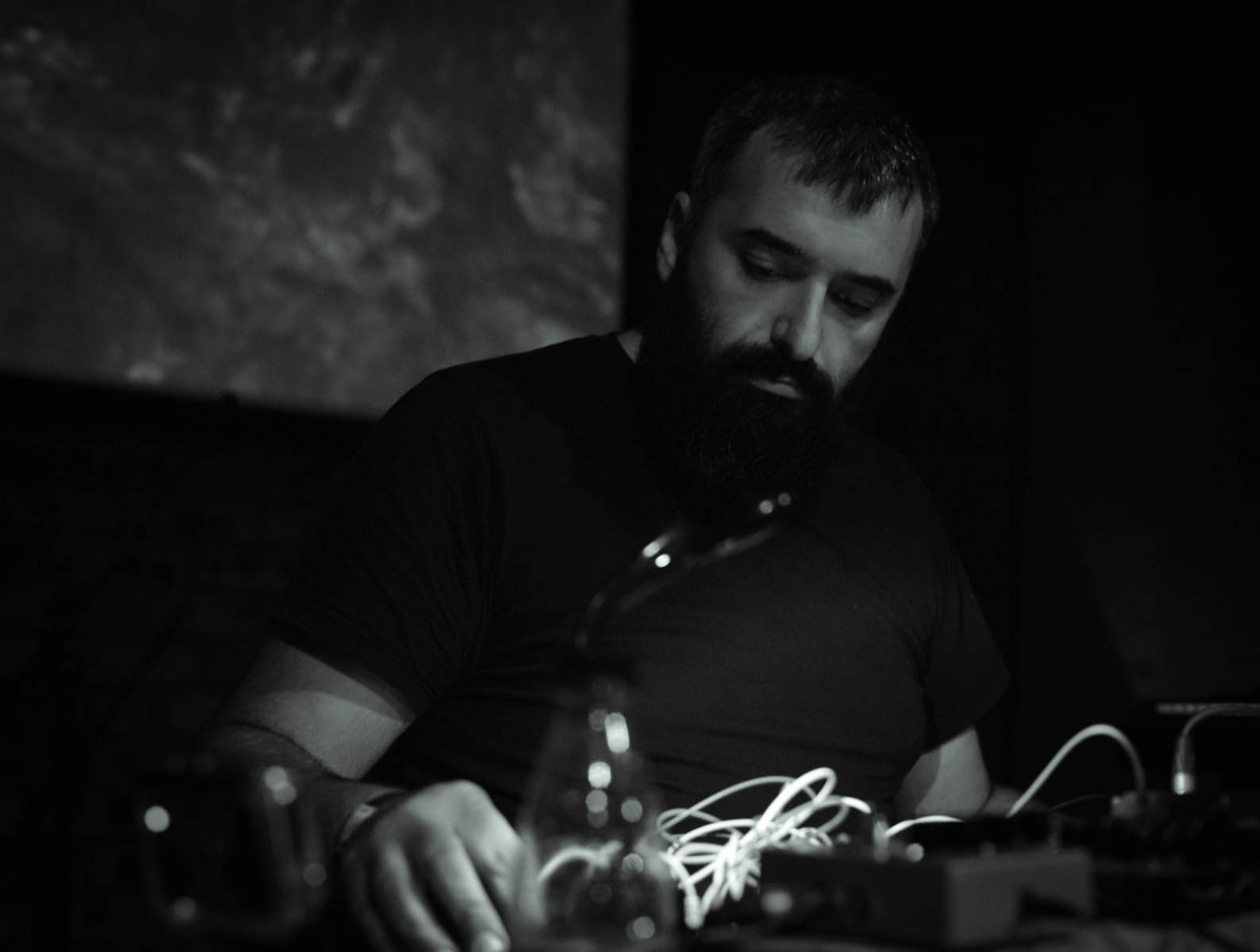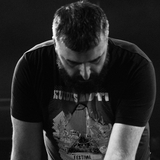
Photo: Evgeniya Manerova
We live in a timeline constantly and exponentially augmenting, and our memory and attention span is shortening. And this is the danger of the momentum, that we have the tendency to forget everything surrounding us, and we must not. This is the exact moment to start paying attention. Our closest people are separate from us, our beloved are distant, and we need to keep an eye on them, even if we are in the worst struggle of our own lives. But it doesn’t stop at our closest ones, the attention starts to span elsewhere, as if something new was triggered in us. This new feeling is first focused onto our immediate surrounding, and circle of friends and family. We wrote to everyone everywhere, trying to have an update on their situation, then we started piling up our imminent supplies for the obscure future coming toward us, with extreme care of not drying those supplies wherever we found them, there was someone else in more need of access to them. Then came the first “neighbourhood” relief, old and weak persons who needed supplies were supported by volunteers on bikes swarming the streets, with their apps and websites, like Civil Defence units in times of war. And then our attention started to narrow down to our scene, the Artists, the venues, the operators.
As artists, our lives have been dragged out of normality the moment we’ve chosen to dedicate ourselves to the oblivious, uncertain path we have designed for ourselves, and we should never question this choice. Nobody should regret having chosen a different path than his surroundings, because this is exactly where we fail. We fail by acknowledging that we do something that is not indispensable, that it’s not a primary necessity. Art and Culture are not only to be preserved, they are the fundamental core of our society’s minds and hearts and the shield against populism and fascism. I have lived the Berlusconi years in Italy, and I saw how culture was demonised, dismantled and this led to a part of the country struggling for years to reestablish a cultural scene from the bottom up, while the rest of it bowed to populist ideas and created a barrier between them and common sense.
Most of us have looked at activism as a utopia, an unreachable world of abnegation, in fact it is far simpler, more natural and instinctive than we think. It’s simply caring, and putting ourselves in a position where this empathy starts addressing tangible and concrete issues, however small and invisible they can be, someone in our surrounding might have. We cannot always control change, but we can control the way it affects us. We can rule the way it comes to us and shape it in ways we can live longer with, because change will keep coming. And the way we can dominate it is with activism, because opening our eyes means opening our hearts and disposing of our ego. We thrive with Ego, the fundamental core of our existence as artists is Ego, but “Us”, the conscious ones, learned slowly and gradually to let go of it, and we’re still acquiring the ways to dissolve it inside our practices, our daily life, through the course of our solidarity.



